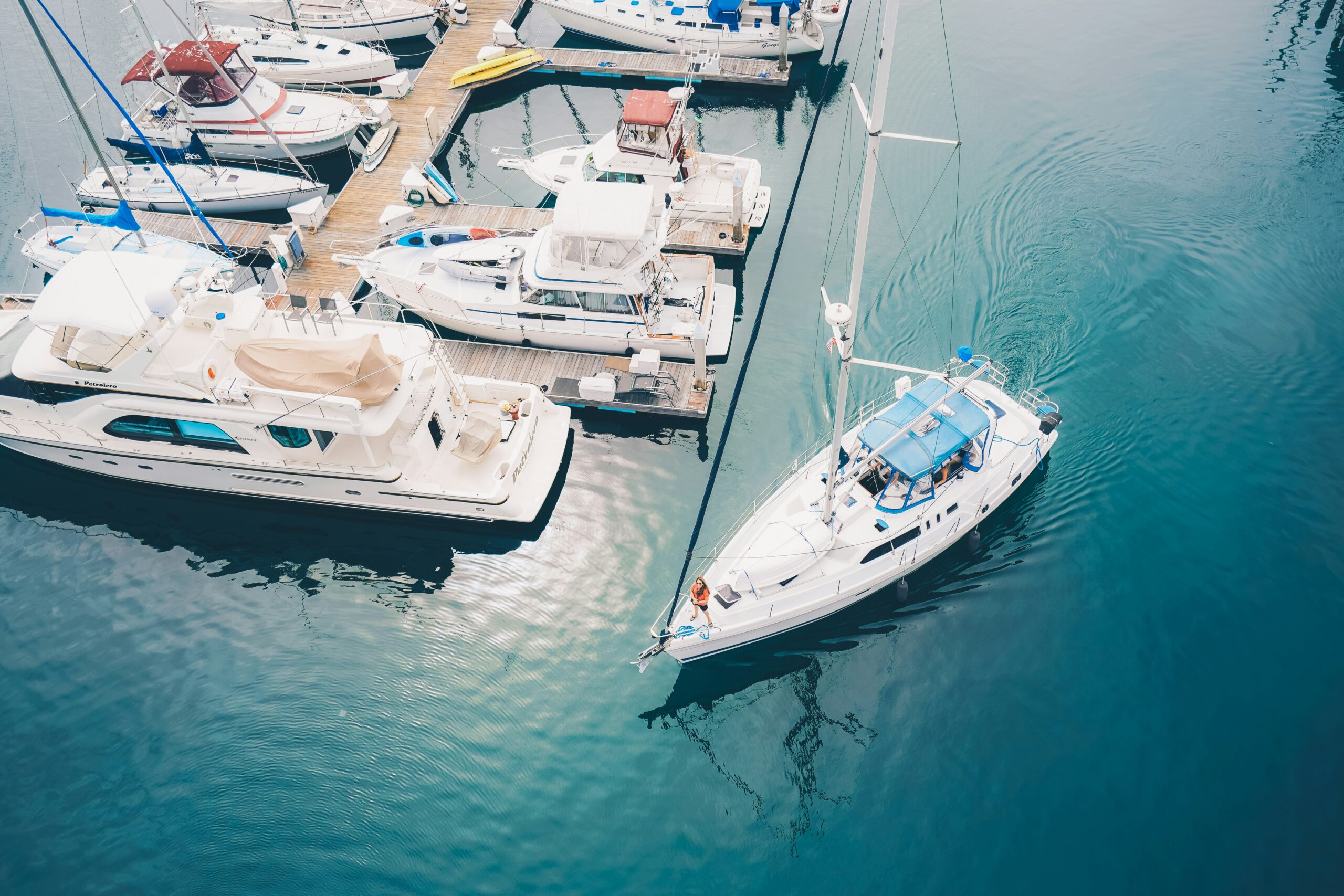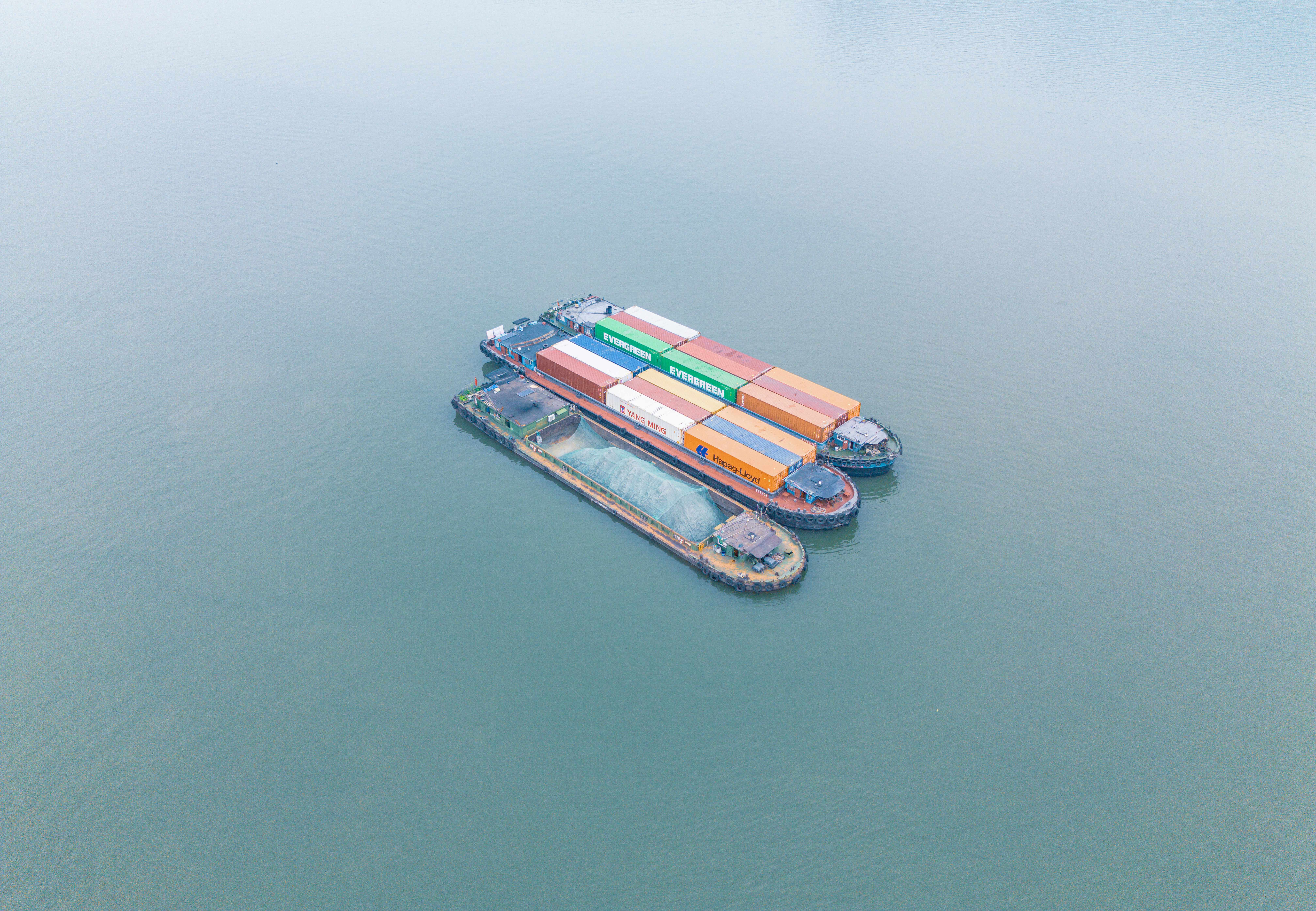The marina industry is sailing into a period of robust growth and transformative technological advancements. Driven by a combination of economic factors, urbanization, and a growing emphasis on environmental sustainability, the market size for marinas is projected to expand significantly in the coming years. This blog explores the current state and future prospects of the marina industry, highlighting key growth projections and the benefits of implementing new technologies.
Impressive Growth Projections
The marina industry has experienced substantial growth in recent years, with the global market size increasing from $18.89 billion in 2023 to an anticipated $19.87 billion in 2024. This growth, driven by a compound annual growth rate (CAGR) of 5.2%, is set to continue, with projections indicating that the market will reach $24.22 billion by 2028. Several factors contribute to this upward trajectory:
1. Increased Leisure Boating: A rising interest in leisure boating and marine tourism is fueling demand for marina services. As disposable incomes grow, more people are investing in recreational boats, leading to higher demand for docking and maintenance facilities.
2. Urbanization: The trend of urbanization is expected to drive the marina industry’s growth. As urban areas expand, so does the need for recreational spaces, including marinas. Coastal cities, in particular, are investing in marina infrastructure to attract tourists and boost local economies.
3. Economic Stability: Stable economic conditions and growing consumer confidence contribute to increased spending on recreational activities, including boating. This economic stability supports the expansion and modernization of marina facilities.
Environmental Sustainability: A Key Trend
One of the most significant trends shaping the future of the marina industry is the emphasis on environmental sustainability. As awareness of environmental issues grows, marinas are adopting practices and technologies that minimize their ecological impact. This shift towards sustainability is not only beneficial for the environment but also attracts eco-conscious consumers and investors. Key sustainable practices include:
1. Eco-friendly Infrastructure: Marinas are increasingly using sustainable materials and construction methods to reduce their environmental footprint. Floating docks made from recycled materials and energy-efficient lighting are becoming standard features.
2. Clean Energy Solutions: The adoption of renewable energy sources, such as solar and wind power, is on the rise in marinas. These clean energy solutions help reduce carbon emissions and operational costs.
3. Water Quality Management: Implementing advanced water treatment systems and practices to prevent pollution is crucial. Marinas are investing in technologies that manage waste and runoff, ensuring that local water bodies remain clean and healthy.
Technological Advancements Driving the Industry Forward
The marina industry is leveraging cutting-edge technologies to enhance operations, improve customer experiences, and drive growth. Some of the key technological advancements include:
1. Smart Marina Systems: The integration of IoT (Internet of Things) devices and smart technologies allows for real-time monitoring and management of marina facilities. Smart sensors can track water levels, weather conditions, and equipment status, enabling marina operators to optimize operations and ensure safety.
2. Automated Docking Solutions: Advanced docking systems, such as automated mooring and electric boat lifts, simplify the docking process, making it safer and more efficient. These technologies are particularly beneficial for novice boaters and help reduce the risk of accidents.
3. Mobile Apps and Online Platforms: Digital platforms and mobile apps provide boaters with convenient access to marina services. From booking berths to managing maintenance schedules, these tools enhance the customer experience and streamline operations for marina managers.
4. Electric and Hybrid Boats: The rise of electric and hybrid boats is driving demand for charging infrastructure at marinas. By accommodating these eco-friendly vessels, marinas can attract a new segment of environmentally conscious boaters.
Case Study: Technological Implementation in Marinas
Marina di Valletta, Malta: This state-of-the-art marina is a prime example of how technology can transform marina operations. Marina di Valletta has implemented smart marina systems, including IoT sensors that monitor dock conditions and energy consumption. The marina also offers automated docking assistance and a dedicated mobile app for customers to manage their bookings and services.
Benefits Realized:
– Operational Efficiency: Real-time data from IoT sensors allows for proactive maintenance and resource management, reducing downtime and operational costs.
– Enhanced Customer Experience: The automated docking and mobile app streamline the customer journey, providing convenience and improving satisfaction.
– Sustainability: The marina’s commitment to clean energy solutions and water quality management practices aligns with its sustainability goals, attracting eco-conscious boaters.
The Future of the Marina Industry
The marina industry’s future looks promising, with continued growth and technological innovation on the horizon. To capitalize on these opportunities, marina operators must stay ahead of industry trends and invest in sustainable, tech-driven solutions. As urbanization progresses and environmental awareness increases, the demand for modern, eco-friendly marinas will continue to rise.
Embrace the Future of Marinas
Are you ready to navigate the future of the marina industry? Embrace the latest technological advancements and sustainability practices to enhance your marina’s operations and attract a new wave of eco-conscious boaters. Contact us today to learn how our innovative solutions can transform your marina and drive growth. Let’s build a more efficient, sustainable future together!
By leveraging the power of technology and sustainability, marinas can achieve new heights of performance and quality, ensuring long-term success in a competitive marketplace.




